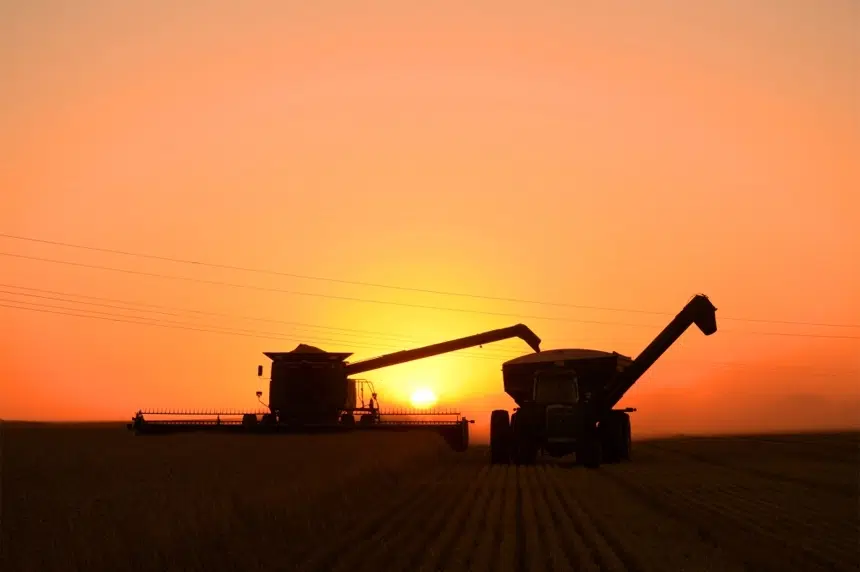Farmer’s in the province, especially in the southern parts, have faced some of the driest conditions ever in July.
There was a lack of rain in many parts of the province, with Regina only getting 1.8 millimetres last month.
Lyle Stewart, the provincial agriculture minister, said reports from producers – and his own experience farming – would appear to indicate that canola was the hardest hit of the crops.
He said lentils have been faring the best in the dry weather.
Stewart farms around Pense, and has been farming since 1973.
“I’ve seen lots worse crops, lots worse crops, but there’s never been a July this dry as I understand it,” Stewart said.
“The whole growing season has been extremely dry, we were fortunate though that almost everywhere we went in with good soil moisture reserves and that’s what carried the crop this year.”
While the area around Regina has received a little bit of rain during the beginning of August, it’s too late for it to make a significant impact.
Stewart said they will still have plenty of crop to export this year, but does expect there to be quite a number of crop insurance claims.
Due to the conditions, there has been a hay crop shortage in areas of the province. This could lead to cattle farmers selling breeding stock they wouldn’t normally sell.
“We’ve asked the federal government to allow a deferral of income tax from cattle that are sold prematurely because of the feed shortage into next year.”
Stewart said they haven’t heard back from Ottawa yet but noted they have done it in the past.
With a poorer than expected harvest this year, it’s expected to have an effect on the economy.
Stewart noted that potash and oil have been affected due to low prices so agriculture has “been carrying the economy to a fairly substantial extent.”
“This isn’t a huge setback as far as the economy goes but it will be felt, there’s no doubt about that.”
More farmers calling stress line
The poorer crop is taking a toll on the mental health of farmers, with the farm stress hotline receiving 59 calls in July. In 2016, July only saw 16 calls.
“They’re seeing a crop that they put a lot of money into, and that got off to a pretty good start, deteriorate pretty rapidly through July.”
Stewart said the hotline helps guide farmers to programs available to help people deal with stress.







